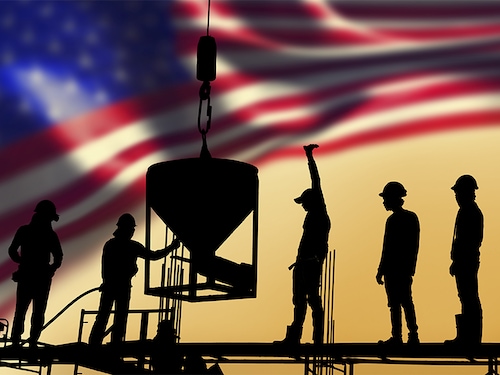Yale
Advertisement

How can we create an economics of hope?
While the economy has recovered from the Great Recession by some measures, many households are falling farther behind. A sense of despair for many Americans has cleaved the country and shaped election
Advertisement
Advertisement
Explore More Categories
- Home /
- Yale
Latest News
Advertisement
Advertisement
Advertisement